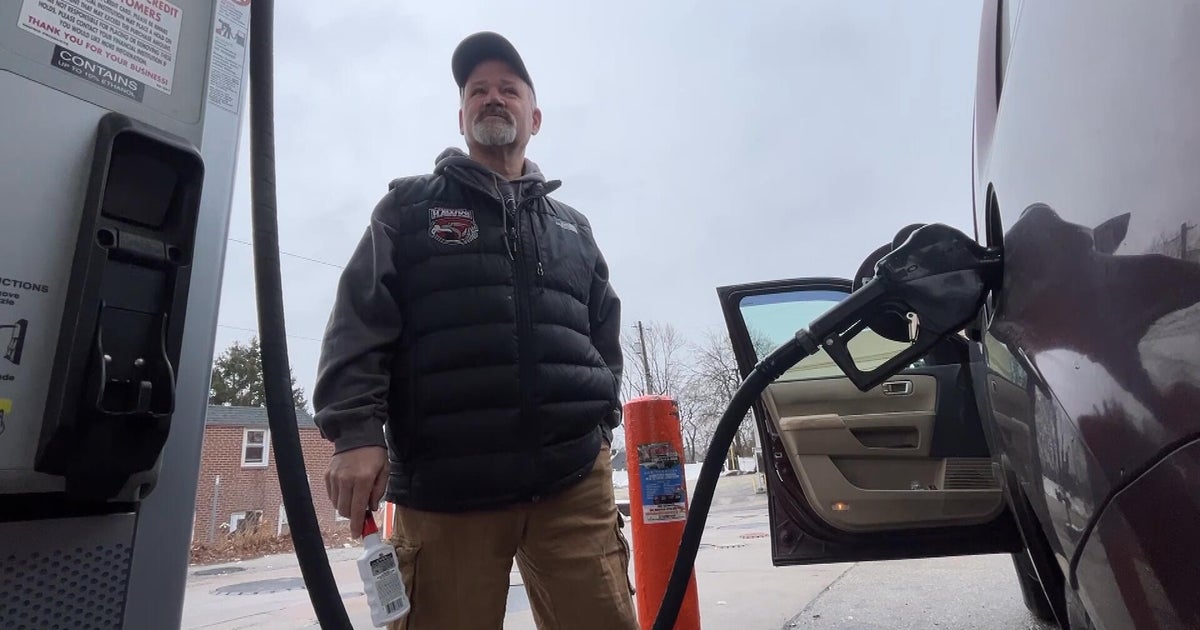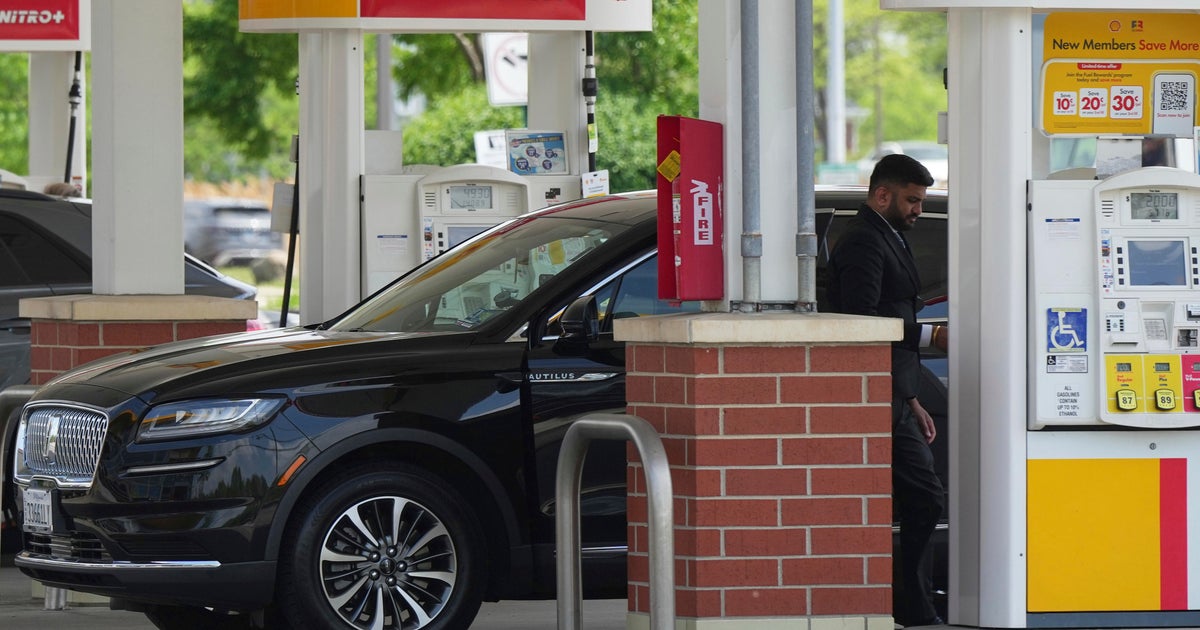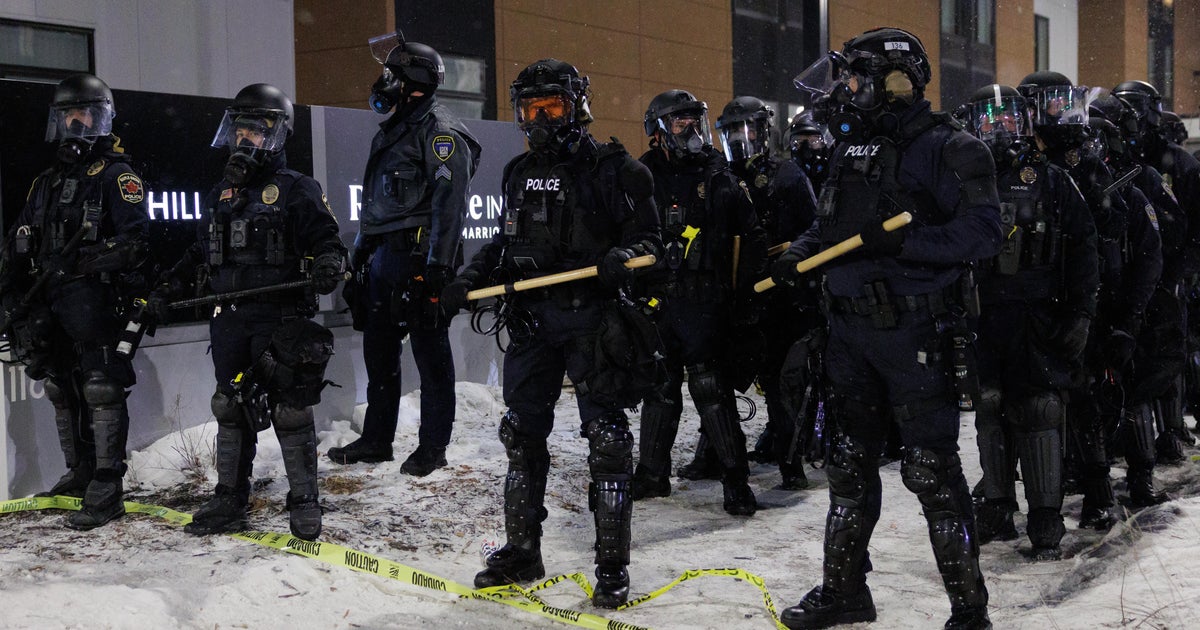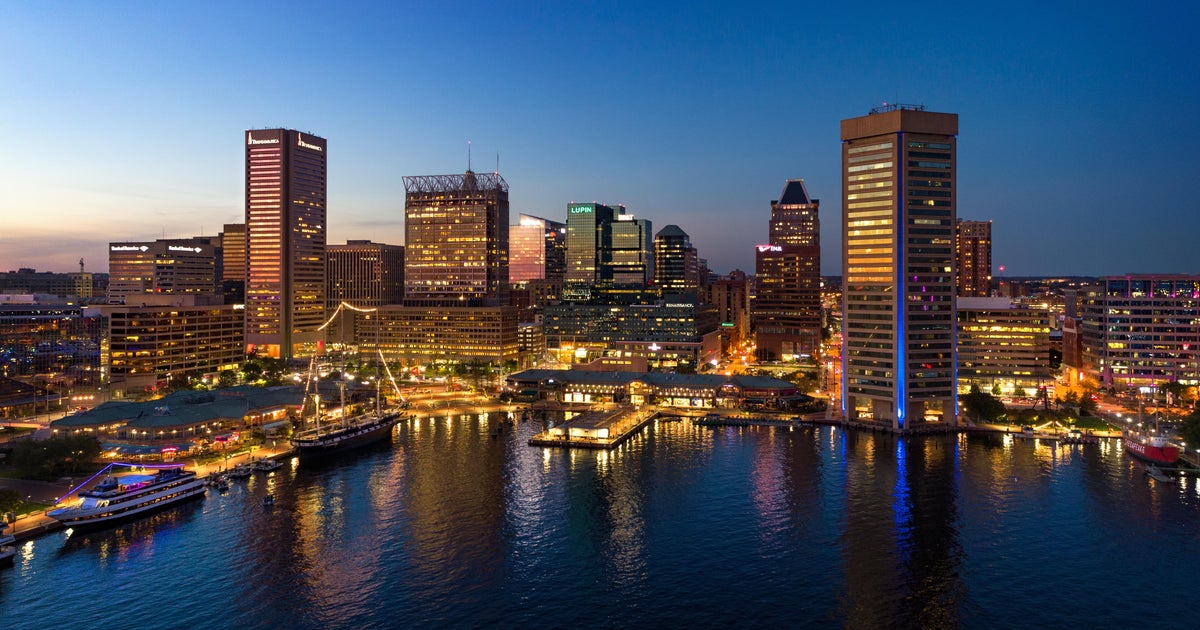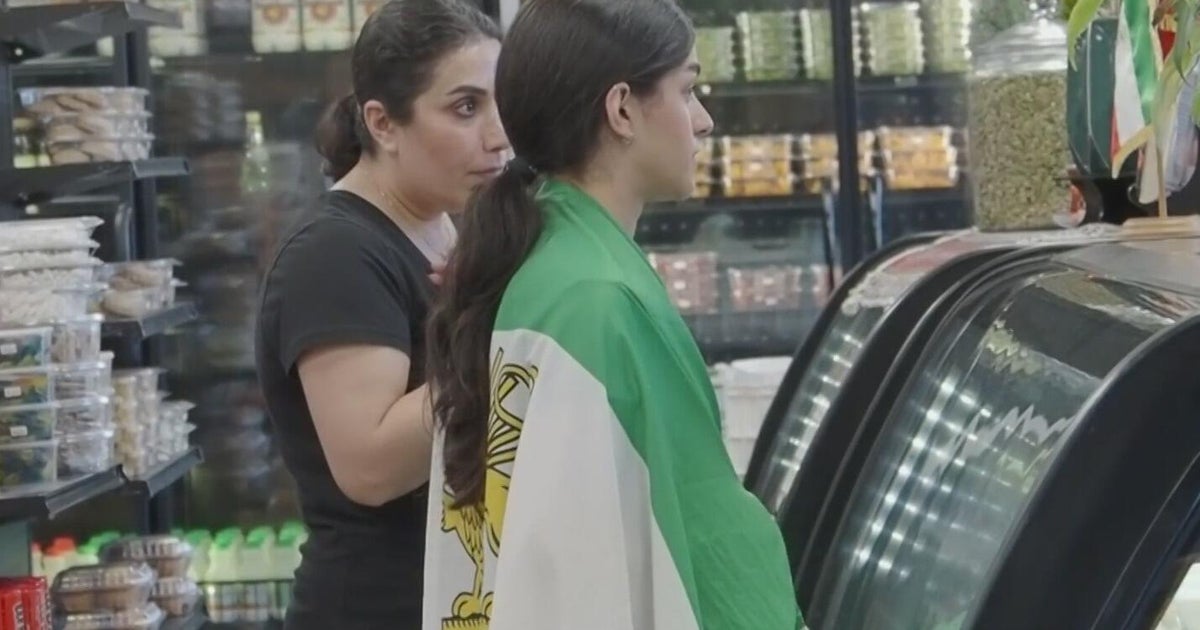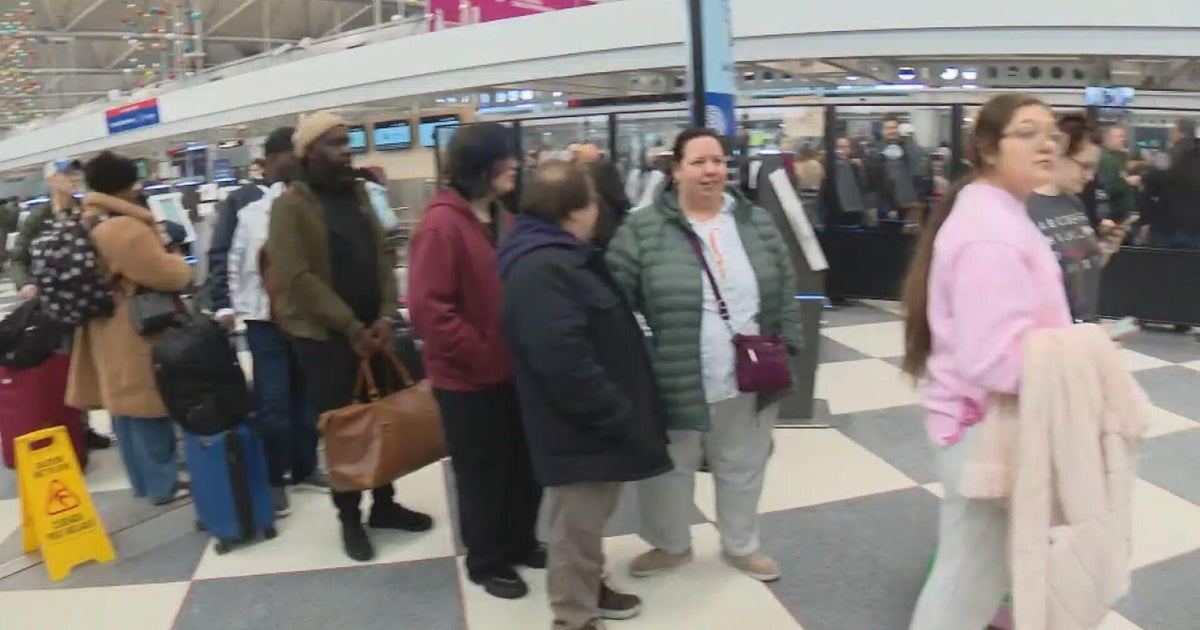Study: You Can Dodge Uber's Surge Pricing By Walking A Few Blocks
SACRAMENTO (CBS Sacramento) -- As convenient as Uber is, many customers run into trouble during particularly busy areas and times when surge pricing can make the on-demand service more expensive than even cabs.
Uber uses an algorithm to keep supply and demand in balance and surge pricing can change quickly and vary dramatically in a matter of minutes. The company doesn't publicly explain how the algorithm works.
This prompted Northeastern University researchers to dig a bit deeper and find out what this "algorythmic auditing" is all about, as reported by NPR.
Researchers found that waiting a few minutes or walking a few blocks to less congested areas could pay off.
"If you go on eBay or Amazon, you can see, these are all the people who are selling the product, these are all different prices," study researcher Christo Wilson told NPR. "But Uber is different. They have this algorithm, and they say it changes prices based on supply and demand, but it's a black box. You have to trust that it's working correctly, because you can't verify. You don't know how many customers there are, you don't know how many other drivers there are."
To conduct the study, researchers created 43 Uber accounts, wrote a script that logged into the accounts, and pinged Uber servers every 5 seconds to collect data about Uber drivers in Manhattan and San Francisco. They then evaluated the cars' comings and goings and combined the research with some of Uber's tools to analyze the correlation to surge pricing.
The study suggests that surge pricing tempers demand, sometimes attracts drivers to busy areas (but sometimes doesn't), varies by cities, and often lasts less than five to 10 minutes.
"[Surge pricing] is working in a sense that it is responding to supply and demand, but I would argue that it's not working as intended," Wilson explains. "What we see is that demand drops precipitously, cars stop getting booked and drivers are just sitting there. And actually there's a lot of drivers who drive away from surges ... . If the incentive was working the way it should, you would expect there always to be an incentive for [drivers] to always move in. But in this case, the result is mixed."
The researchers suggest that simply waiting a few minutes or taking a stroll to a different neighborhood could result in a less expensive bill.
Uber says it's working on making surge pricing more efficient for drivers and the feature work as intended. Earlier this month, the company launched a redesigned app for drivers, which includes a feature aimed at predicting the next wave of customers in busy areas.
"It encourages drivers to go to the neighborhoods with the highest demand, ensuring there's always a ride available within minutes. Contrary to the findings in this report — which is based on extremely limited, public data — we've seen this work in practice day in day out, in cities all around the world," Uber spokeswoman Molly Spaeth told NPR.
